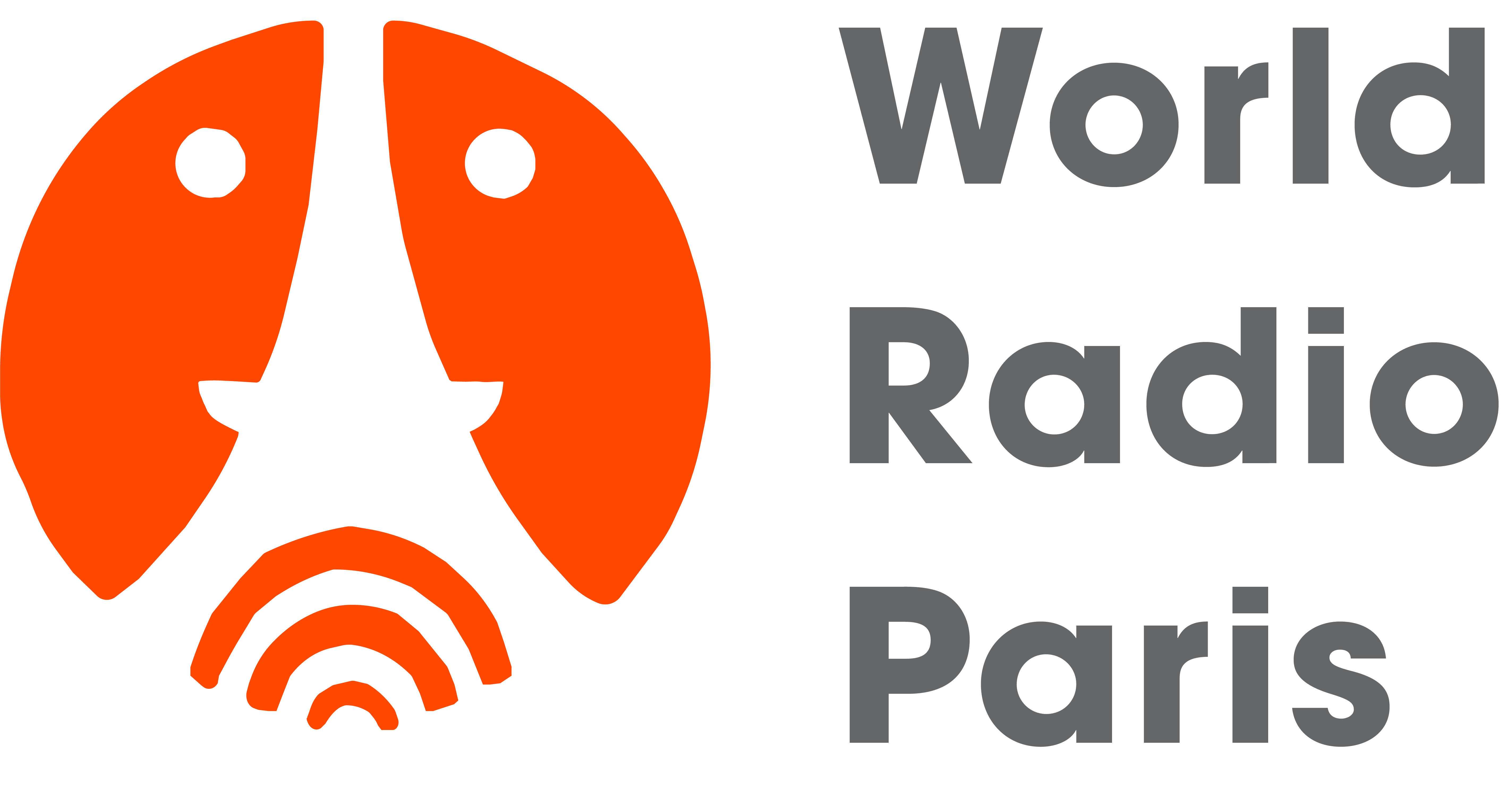
Cocktails, Bars and Journalism with July’s Paris Cocktail Talk
On WRP, you may have come across one of our fabulous contributors, Forest Collins, a Paris-based cocktail expert and the founder of 52 Martinis. A passionate foodie with over eighteen years in France, she hosts the show Paris Cocktail Talk on World Radio Paris.
The show delves into the heart of Parisian mixology as Forest Collins brings a wealth of knowledge and passion to each episode, nourished by her eighteen plus years of experience in France.
In this month’s instalment, she delves into the state of cocktail journalism in France alongside guest Aurélie Duboé, as they discuss researching and crafting a story, and the place of the cocktail in French culture compared to other traditions worldwide. And of course, Aurélie Duboé recommends some of her favourite bars for cocktails in the city of lights.

Listen to the episode here.
Amongst these are Dirty Dick, located at 10 Rue Frochot in the lively Pigalle district, known for its Polynesian vibe, Candelaria with its Mexican food in the vibrant Marais neighbourhood, at 52 Rue de Saintonge, or the maritime-inspired CopperBay in the heart of Paris’ 10th arrondissement with its texture based menu. For those seeking a more refined experience, Danico inside the Galerie Vivienne offers inventive drinks in an elegant speak-easy.
This month’s featured cocktail is the Paloma, a refreshing tequila-based cocktail. Aurélie shares both a classic recipe and a creative variation that you can tailor to taste, perfect for enjoying the summer.
Classic Paloma
45 ml (1.5 oz) Tequila
15 ml (½ oz) fresh squeeze lime juice
Grapefruit soda
Add tequila and lime juice to a tall glass over ice, top with grapefruit soda, and optionally you can rim the glass with salt.
“Fake” Paloma
Created by Milk and Honey London barman Manuel Alvarez, this version replaces its grapefruit soda, an ingredient that is not always accessible.
5ml Campari
45 ml tequila
17.5 lime juice
15 ml sugar syrup
50 top with soda water
Add tequila and lime juice to a tall glass over ice, top with grapefruit soda, and optionally you can rim the glass with salt.
Please drink responsibly!
This episode was edited and produced by World Radio Paris.
A special thanks to guest Aurélie Duboé and Son Little for their music.
Find World Radio Paris and Paris Cocktail Talk on your preferred podcast services, and follow 52Martinis on various social media or their mailing list.
Paris Cocktail Talk also has an iOS app, Paris Cocktails, which you can download here.












